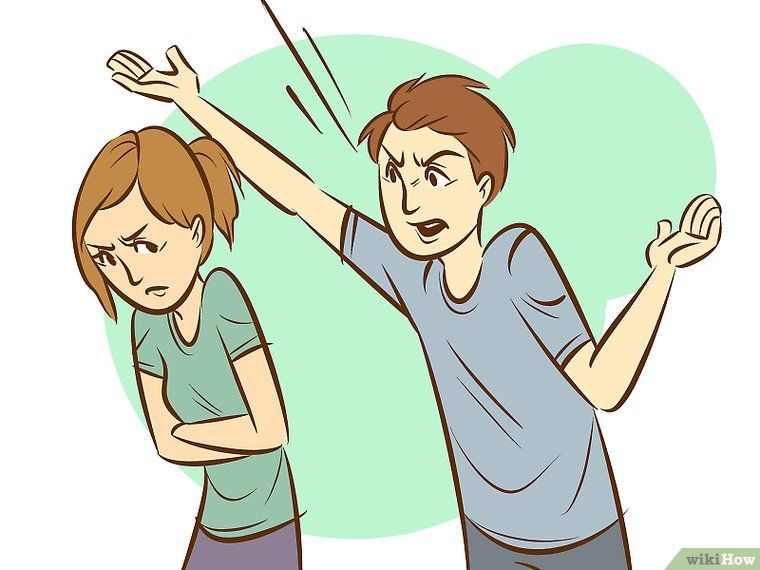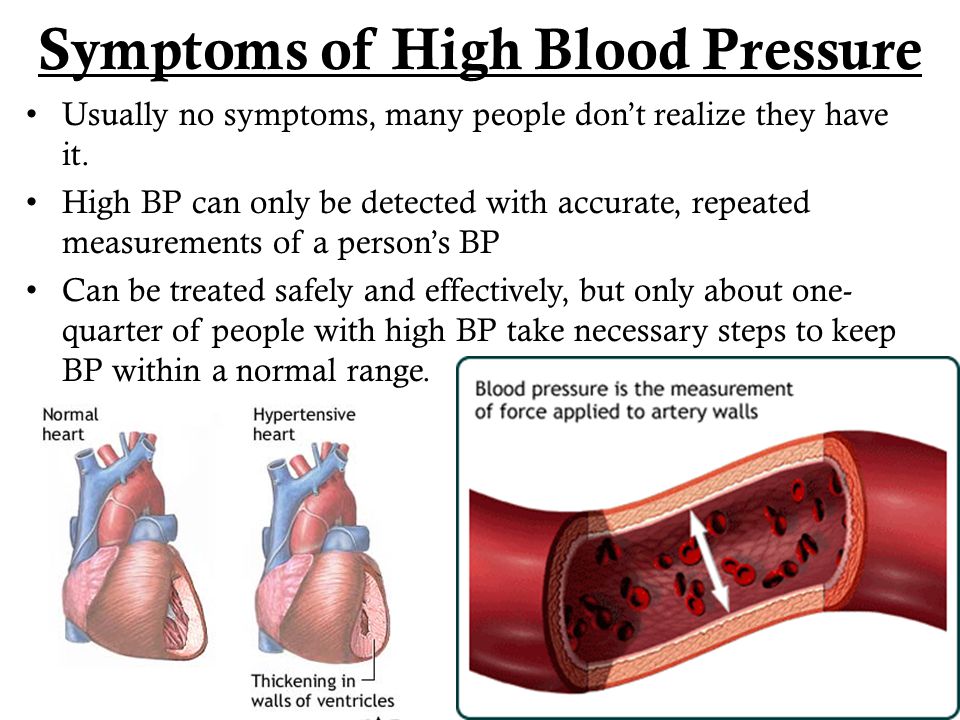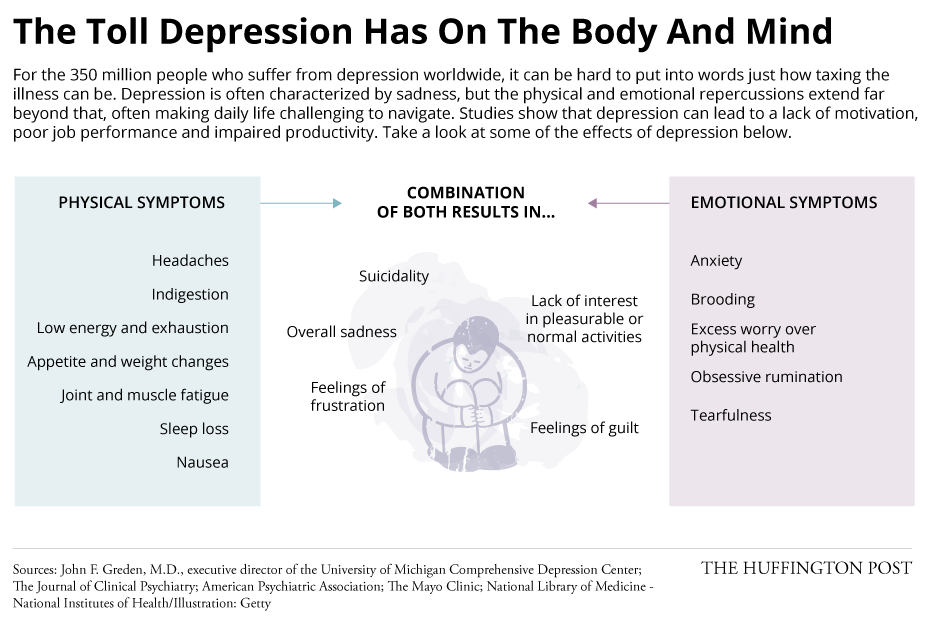Sorry for existing
When You Want to Apologize for Existing – A Wish Come Clear
Skip to contentCategories: Active Rebellion & The Gift Of Doing Things DifferentlyTags: apologize for existing, faith, Frederick Buechner, grace, honesty, hope, love, over-apologize, perfectionism, perfectionist, shame, sorry not sorry, spiritual abuse
“I say ‘I’m sorry’ a LOT, usually when it’s not necessary. I apologize for existing.”
“I’m so tired of fighting myself … For the last 17 years I spend my days in service to precious elders and give all that I can, yet inside me I feel like I am never, ever enough. The perfectionist in me doesn’t seem to be silenced.”
“I’m so very, very, very tired Caroline! …. I’m at war with myself and know deep down I don’t have to be.”*
Dear friends,
I was thirteen when I started going to summer camp in Scotland with my closest friends.
It might seem strange for teenagers from New Jersey to travel across the Atlantic, but it was a church camp run by our denomination, the Worldwide Church of God.
My friends and I loved camp enough to beg, plead, and save our babysitting money all year. So our parents kept driving us to the airport, to their eternal credit.
The Scottish scenery was stunning, but the best part was the people.
At camp we made friends from the UK, Spain, the Netherlands, France, and Australia. Even the Brits seemed exotic, with their delightful accents and phrasing: “Brilliant!” “Well done!”
Yet we also had a lot in common. Most of us had grown up in strict religious environments, so we spoke the spiritual language of “dying to self”.
It’s Not About Me
One afternoon when my camp friends and I were listening to the radio, the classic Beatles song “Come Together” came on.
One British friend Oliver (not his real name) sang along, but he purposefully changed the lyrics to, “Come together, right now / Over you!”
When I asked him why, he explained that he felt that singing “Over me,” was too self-aggrandizing.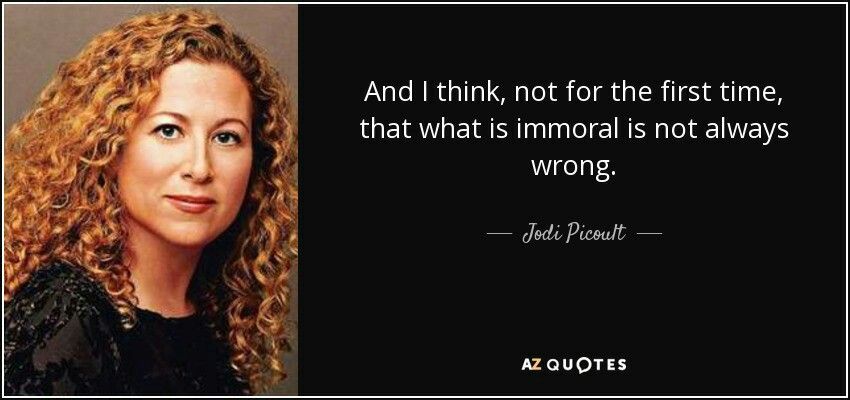
“It’s not about me, you know?” he said, wholeheartedly in earnest. “It’s all about God.”
When he said that, a kind of internal alarm went off inside my body. It rang through me, insistent as a siren, and at the time I didn’t understand why.
On the surface, I agreed with Oliver’s comment. Yes, of course, it was all about God. Both Oliver and I were devoted believers. Yet something about my dear friend’s words troubled me, reverberating hours later.
I lay awake in my bunk bed that night worrying about Oliver’s tendency to rub himself out of the picture … which was, of course, my tendency too.
I (Don’t) Apologize for Existing
I think you understand where I’m going with this. At some point, you and I both learned to equate being “good” (or “spiritual”) with a sort of psychological death wish.
We’ve learned to apologize for existing.
We’ve weighed other people’s thoughts and feelings so heavily as to erase ourselves from the equation.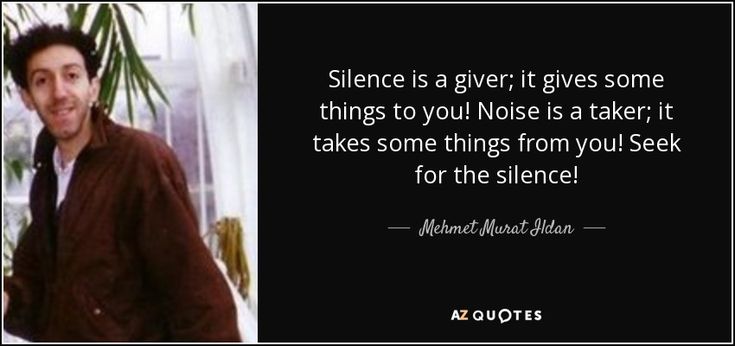
I was never good at math, but I remember this much from algebra: equations must be balanced. If you try to take yourself out of the equation of your own life, imbalance will result.
“I’m at war with myself and know deep down I don’t have to be.” Yes, exactly.
You and I have both spent a lot of time and energy fighting for something that’s already ours: the right to exist, to be a part of this universe.
Yes, it’s true that some people need to practice greater consideration for others … but I’m guessing you’re not one of them. You put others first by default.
Your challenge is to stop martyring yourself, to take up space, to live.
With Love and Gratitude
Today I’m thankful for my formative church experience. I’m thankful for the obviously positive aspects, like friendships and summer camps, but I’m also thankful for the seemingly negative ones, like warped teachings and controlling environments.
Why? Because the whole thing gave me a priceless gift: awareness of the part of me that cannot and will not be rubbed out.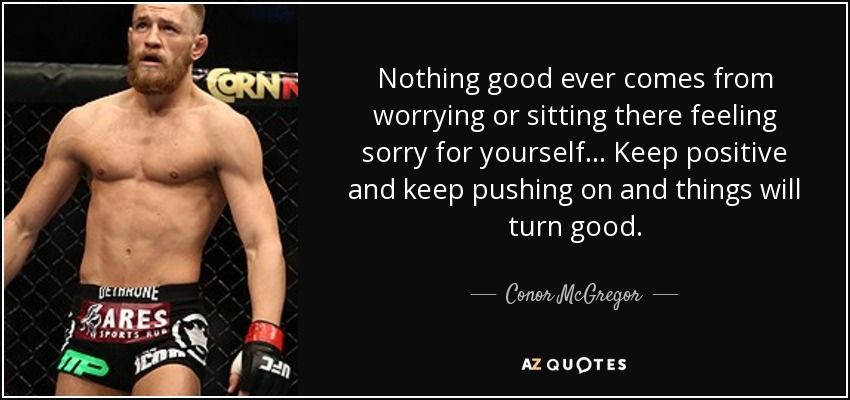 This is the part of me that absolutely refuses to stop walking homeward.
This is the part of me that absolutely refuses to stop walking homeward.
That trustworthy part of me sounded an alarm all those years ago. And based on your comments, this part of you has been sounding an alarm as well.
Some people call God within the Holy Spirit, and others call it the essential self. In the Hebrew scriptures God is the great I Am, a pure affirmation of being.
Regardless of what you call this trustworthy part, it is always guiding you toward what is most true and loving and good for you and by extension for the world.
The Party Wouldn’t Be Complete Without You
You are part of the world, honey. It’s okay for you to be here because you are here.
Frederick Buechner describes the grace of God this way:
“You might never have been, but you are because the party wouldn’t be complete without you.”
When you take yourself out of the equation, you leave the world incomplete.
So please, as an act of service, put yourself back in the game. Put your thoughts and feelings and needs and preferences and ideas and hopes and dreams out there.
Put your thoughts and feelings and needs and preferences and ideas and hopes and dreams out there.
Even if it’s just for yourself, for now. Even if it’s just on a piece of paper in a private notebook that no one else will see. That’s plenty for today.
Just being honest with yourself is revolutionary. Just moving the pen across the page is an act of power.
If you’re scared to write, that’s okay. Or maybe just blast “Come Together” and sing the lyrics as written. This one goes straight from my heart to yours …
“One thing I can tell you is you got to be free.”
Love,
Caroline
***
Do you apologize for existing? Join the conversation in the comments below!
***
*Special thanks to Peta and Lovie; their comments on this post helped inspire today’s essay.
There will be no new post next week for the July 4th holiday; we’ll return with a new You Need to Read Video Interview featuring Anna Kunnecke on Tuesday, July 11th.
Thanks to everyone who joined me and Brooke Adams Law for Monday’s free webinar, How to Be Less Busy Without Quitting Anything; it was a blast!
Missed the fun? No worries; you can still join us for our four-week course Protect Your Energy: Stop Draining and Start Living, which begins Monday, July 10.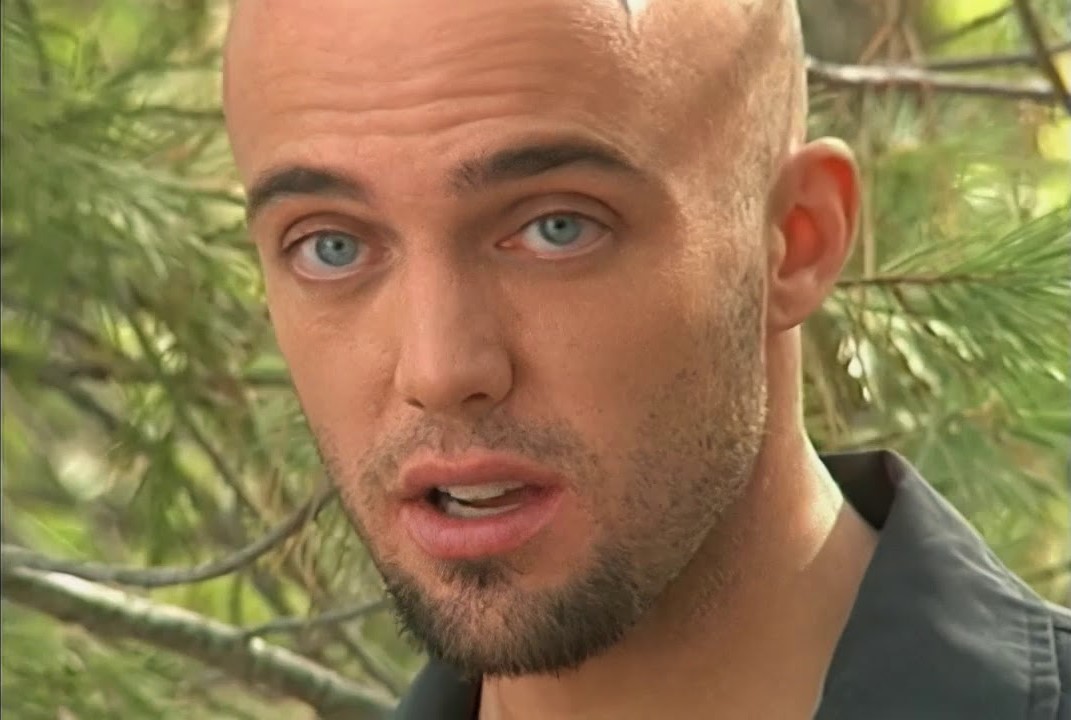
***
Liked this post? Receive your free Perfectionist Recovery Toolkit, featuring Getting Real & Letting Go: A Collection of Quotes for Recovering Perfectionists, the 5 Day Good Girl’s Guide to Getting Real Email Challenge, & more!
You’ll also get posts via email & Your Weekend Wish, a fun weekly missive for subscribers only.
Solemn No Spam Vow: I promise never to share your email with anyone else.
Share This:
Comments
Related Posts
Page load link Go to TopWhy You Over-Apologize: 3 Tips to Stop
Why You Over-Apologize: 3 Tips to Stop- Conditions
- Featured
- Addictions
- Anxiety Disorder
- ADHD
- Bipolar Disorder
- Depression
- PTSD
- Schizophrenia
- Articles
- Adjustment Disorder
- Agoraphobia
- Borderline Personality Disorder
- Childhood ADHD
- Dissociative Identity Disorder
- Narcissistic Personality Disorder
- Narcolepsy
- Oppositional Defiant Disorder
- Panic Attack
- Postpartum Depression
- Schizoaffective Disorder
- Seasonal Affective Disorder
- Sex Addiction
- Specific Phobias
- Teenage Depression
- Trauma
- Featured
- Discover
- Wellness Topics
- Black Mental Health
- Grief
- Emotional Health
- Sex & Relationships
- Trauma
- Understanding Therapy
- Workplace Mental Health
- Original Series
- My Life with OCD
- Caregivers Chronicles
- Empathy at Work
- Sex, Love & All of the Above
- Parent Central
- Mindful Moment
- News & Events
- Mental Health News
- COVID-19
- Live Town Hall: Mental Health in Focus
- Podcasts
- Inside Mental Health
- Inside Schizophrenia
- Inside Bipolar
- Wellness Topics
- Quizzes
- Conditions
- ADHD Symptoms Quiz
- Anxiety Symptoms Quiz
- Autism Quiz: Family & Friends
- Autism Symptoms Quiz
- Bipolar Disorder Quiz
- Borderline Personality Test
- Childhood ADHD Quiz
- Depression Symptoms Quiz
- Eating Disorder Quiz
- Narcissim Symptoms Test
- OCD Symptoms Quiz
- Psychopathy Test
- PTSD Symptoms Quiz
- Schizophrenia Quiz
- Lifestyle
- Attachment Style Quiz
- Career Test
- Do I Need Therapy Quiz?
- Domestic Violence Screening Quiz
- Emotional Type Quiz
- Loneliness Quiz
- Parenting Style Quiz
- Personality Test
- Relationship Quiz
- Stress Test
- What's Your Sleep Like?
- Conditions
- Resources
- Treatment & Support
- Find Support
- Suicide Prevention
- Drugs & Medications
- Find a Therapist
- Treatment & Support
Medically reviewed by Kendra Kubala, PsyD, Psychology — By Sonya Matejko — Updated on Nov 7, 2022
People may constantly apologize for many reasons, such as people pleasing or feelings of guilt. But excessive apologizing may also be associated with a mental health condition.
But excessive apologizing may also be associated with a mental health condition.
Have you ever apologized when someone else bumped into you or apologized for not responding to an email in the middle of the night while you were sleeping?
While there are many times when saying “sorry” is the right thing to do, there are times when saying “sorry” isn’t helping you. If you find yourself constantly apologizing, it might be useful to take a moment to consider if you’re really at fault or over-apologizing.
Language matters
Gendered terms like “women” and “men” are used throughout this article. But we understand gender is solely about how you identify yourself, independent of your physical body. So, when we use this language, we’re referring to all people who identify as a woman or a man.
Over-apologizing can happen for a variety of reasons. Some of the most common reasons, according to Jocelyn Hamsher, a therapist in Arizona, include:
- false guilt (feeling responsible for something you are not responsible for)
- carried guilt (feeling guilt for someone else’s behavior because they don’t feel guilt)
- people-pleasing (wanting others’ approval)
“With people pleasing, over-apologizing is motivated by trying to manage the other person’s emotions and make them feel better,” explains Hamsher.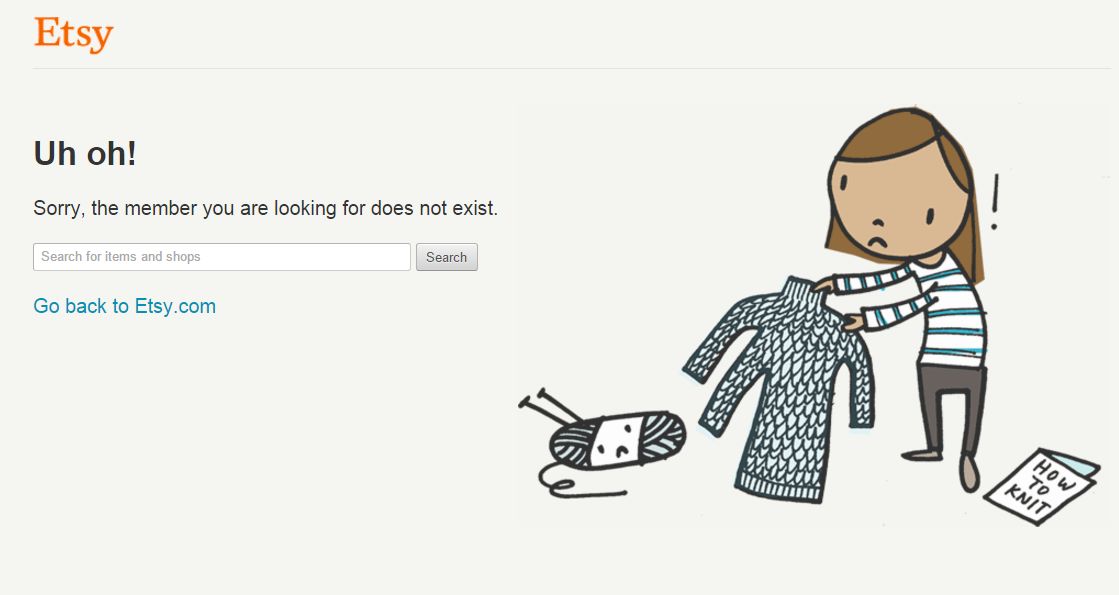 “Even if you weren’t the one to cause harm because you’re uncomfortable when other people aren’t happy.”
“Even if you weren’t the one to cause harm because you’re uncomfortable when other people aren’t happy.”
Another reason someone might over-apologize is because of low self-esteem.
“When someone has low self-esteem, they may feel they’re taking up too much space, asking too much, or being disruptive,” says Shahar Lawrence, LCSW, in Utah and Nevada. “In this case, they often apologize profusely as they feel they aren’t worthy of time, space, or attention.”
Excessive apologizing could be tied to mental health conditions like:
- depression
- social anxiety
- generalized anxiety disorder (GAD)
- obsessive-compulsive disorder (OCD)
- borderline personality disorder (BPD)
- post-traumatic stress disorder (PTSD)
Alternatively, Yara Heary, a psychologist in Perth, Australia, offers a different view that over-apologizing could relate to the society you live in or the community you belong to. “When we look across genders, we see that women tend to engage in this behavior more often than men, especially in patriarchal societies,” says Heary.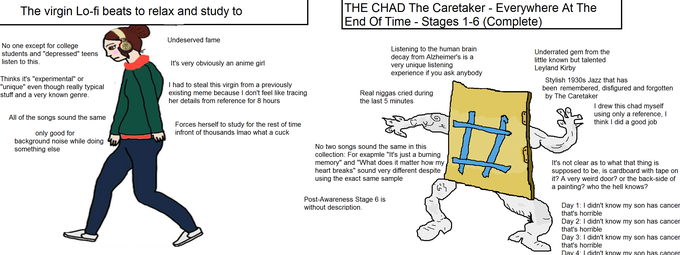
“Women [who live in or belong to] patriarchal cultures are more likely to doubt their abilities, their value, their behavior, and their validity to take up space in their environments,” Heary explains, “and one of the ways this manifests behaviourally is through over-apologizing.”
To Heary’s point, a decade-old study suggests that women tend to apologize more than men. And you may even recall the viral 2017 commercial from Pantene that brought this phenomenon to light.
Is excessive apologizing a trauma response?Not always, but it can be, says Dr. Cynthia King, a clinical psychologist and the co-founder of FemFwd.
“In my clinical practice, I see excessive apologizing more often in trauma survivors whose abuse started young, was prolonged, and the perpetrator was in the family,” explains King. “As a survival mechanism, they learned to make themselves small and cause as few problems as possible. Keeping themselves as safe as possible can manifest as being overly submissive and apologetic to keep the peace and thus avoid further traumatization. ”
”
King also notes that over-apologizing may be present in adults experiencing prolonged trauma in partnerships. For example, with intimate partner violence, “you may feel the need to make a habit out of trying to keep the peace to experience less violence,” King explains.
If you or someone you know are experiencing domestic violence, you can:
- Call the National Domestic Violence Hotline 24 hours a day at 800-799-7233
- Contact loveisrespect.org by texting LOVEIS to 22522 or calling 866-331-9474
- Visit the National Coalition Against Domestic Violence for a list of resources
You have several options that don’t include automatically saying you’re sorry.
Say thank you instead“A great way to change the perspective on ‘I’m sorry’ is saying ‘thank you’ instead,” suggests Lawrence — who provided this helpful chart of examples.
| I’m Sorry | Thank you |
“I’m sorry I’m late.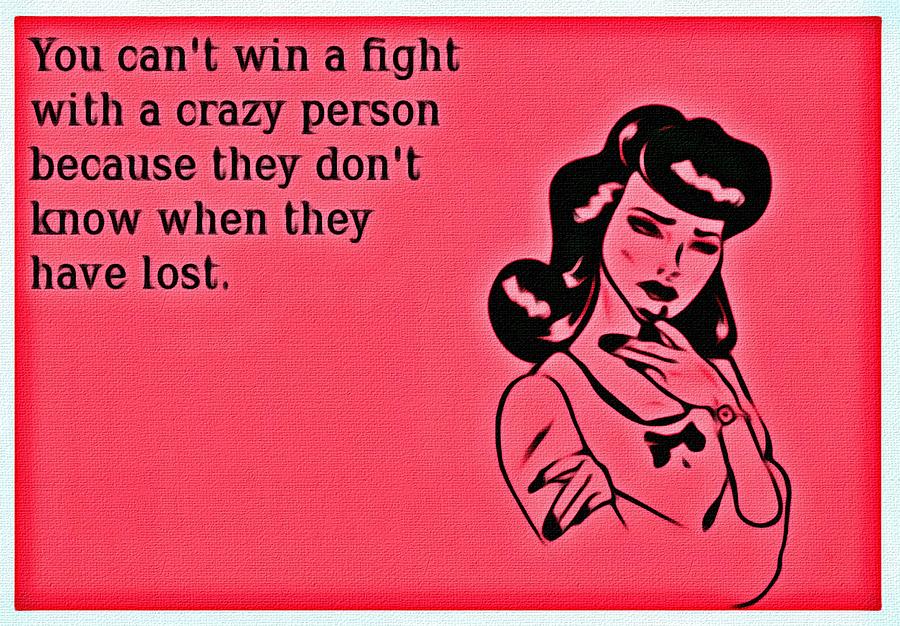 ” ” | “Thank you for your patience with me getting here.” |
| “I’m sorry. Can I ask a favor?” | “Thank you for being willing to help.” |
| “Sorry I can’t come.” | ” Thank you for inviting me; I can’t make it.” |
| “I’m sorry. Am I bugging you?” | “Thank you for your patience with XYZ thing.” (This is if the “thing” is something out of their control.) |
| “I’m sorry I forgot.” | “Thank you for reminding me.” |
| “I’m sorry to bother you.” | “Thank you for your time.” |
| “I’m sorry I’m so bad at this.” | “Thank you for helping me.” |
“There is power in pausing before reacting,” says King.
She suggests asking yourself, “did I even do anything wrong?” If the answer is “yes,” perhaps you ask yourself how big the mistake actually was.
“It’s important that the magnitude of what happens accurately matches how we apologize or repair with the other person,” explains King.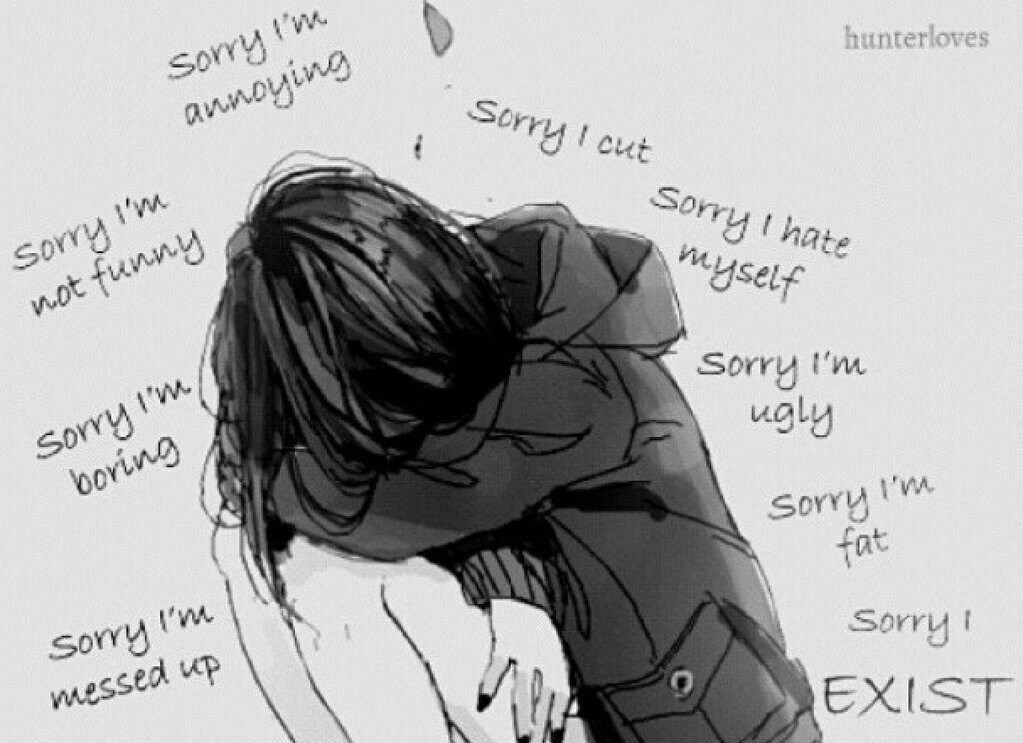 “If the answer is “no,” then it’s important to resist the urge to say sorry and use it as an opportunity to retrain your brain and learn a new habit based on the facts of the situation.”
“If the answer is “no,” then it’s important to resist the urge to say sorry and use it as an opportunity to retrain your brain and learn a new habit based on the facts of the situation.”
“If you suspect that over-apologizing is a trauma response, but you are now in a safe environment, remind yourself the context in which you needed to over-apologize to remain safe is no longer your reality,” suggests Heary. “Remind yourself that it’s safe for you to take up space and that you’re not responsible for managing the emotions of others.”
The right people will still love you, respect you, and want to know you without you apologizing for everything.
Know that it’s completely OK to say sorry when you need to, and it’s OK to skip taking the blame when you don’t. Not everything is your fault — including why you sometimes might feel like it is.
It may take time to stop apologizing. Try to be patient with yourself, as it can take time to stop over-apologizing, and that’s OK.
If you believe you over-apologize and would like support, consider visiting Psych Central’s directory to find a therapist to help you cope with excessive apologizing.
Last medically reviewed on November 6, 2022
5 sourcescollapsed
- Hamsher J. (2022). Personal interview.
- Heary Y. (2022). Personal interview.
- King C. (2022). Personal interview.
- Lawrence S. (2022). Personal interview.
- Schumann K, et al. (2017). Why women apologize more than men: Gender differences in thresholds for perceiving offensive behavior.
pubmed.ncbi.nlm.nih.gov/20855900/
FEEDBACK:
Medically reviewed by Kendra Kubala, PsyD, Psychology — By Sonya Matejko — Updated on Nov 7, 2022
Read this next
What to Do When 'I’m Sorry' Doesn’t Work
Perhaps you feel wronged and bothered that they still haven't apologized.
 Maybe they never will. Here's how to cope.
Maybe they never will. Here's how to cope.READ MORE
When Excessive Apologizing May Be a Sign of OCD
Can excessive apologizing be a sign of obsessive-compulsive disorder? Here are some signs that may indicate so, and what to do.
READ MORE
How to Build Your Self-Esteem
Medically reviewed by Kendra Kubala, PsyD
Building self-esteem can make you feel more confident, valuable, and worthy — but it takes work. Here are 5 self-esteem building activities to try.
READ MORE
How to Stop "Obsessing" Over a Lost Friendship
Friendships may end due to a lack of trust and frequent misunderstandings. Tips, like prioritizing self-care and expressing how you feel may help you…
READ MORE
How Long Does It Take to Form a Habit?
Building or breaking a new habit in 21 days is a myth.
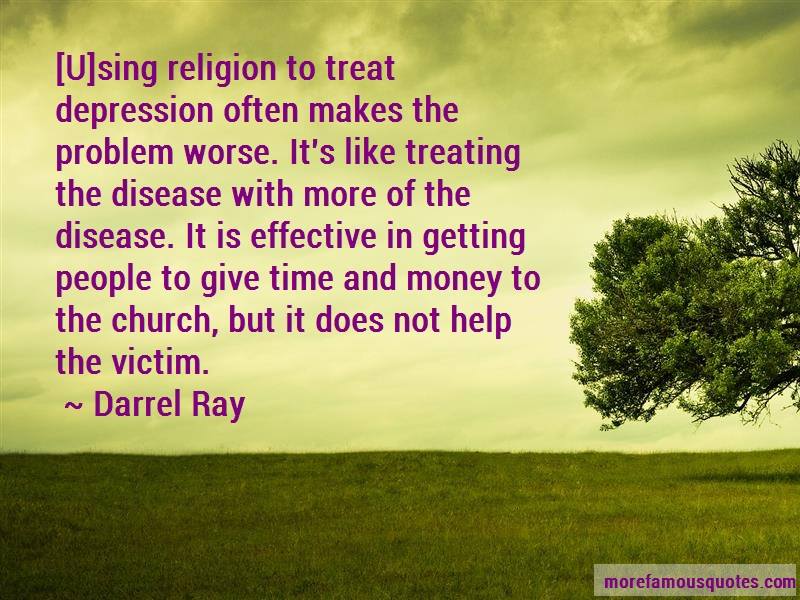 But recent research suggests that it can take about 59 to 70 days for someone to form a new…
But recent research suggests that it can take about 59 to 70 days for someone to form a new…READ MORE
The Psychology of Oppositional Conversational Styles
Medically reviewed by Matthew Boland, PhD
Oppositional conversation style is a term used to describe a type of communication where a person contradicts everything you say. Here's how to deal…
READ MORE
How Does Social Media Affect Body Image?
Medically reviewed by Karin Gepp, PsyD
Social media can negatively and positively impact on body image. Being aware of how social media content can affect you may help improve your…
READ MORE
5 Ways To Assess and React To Selfish People
Selfish people typically have no regard for how their behavior impacts others, but setting clear boundaries may help you cope with their behaviors.
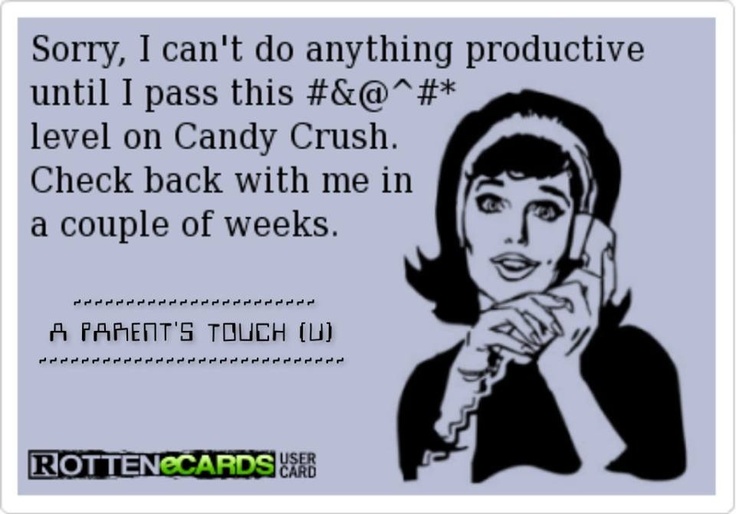
READ MORE
What Part of the Brain Controls Speech?
Medically reviewed by Heidi Moawad, MD
The left side of your brain controls voice and articulation. The Broca's area, in the frontal part of the left hemisphere, helps form sentences before…
READ MORE
Does Success Lead to Happiness?
While success can lead to happiness, striving for success can also lead to stress and unhelpful thoughts. But pursuing happiness first is the key to…
READ MORE
"Excuse the expression, atom": what Mikhail Bulgakov wrote to Stalin | Articles
It seems that everything is already known about the fate of the great Russian writers of the 20th century, both tragic and happy. However, literary historians still continue to make new discoveries in the archives of the "engineers of human souls", compiling biographical collections from letters and documents. One of them, dedicated to Mikhail Bulgakov, is presented as a book of the week, especially for Izvestia, by critic Lidia Maslova.
One of them, dedicated to Mikhail Bulgakov, is presented as a book of the week, especially for Izvestia, by critic Lidia Maslova.
"I need to see the light..." Diaries, letters, documents
M. : Hummingbird, Azbuka-Atticus, 2021. - 784 p.
The new collection of Mikhail Bulgakov's epistolary heritage opens with an article by the compiler Viktor Losev "M. Bulgakov's biography in letters and documents". Its author, who has long been engaged in the reconstruction of Bulgakov's intentions, expresses confidence that the collage he has assembled from archival materials already published in different years and made public for the first time will form a new, especially realistic, portrait of the writer:
Quote
“...these documents were created for other purposes — each time they recorded some specific life situation — but taken together, arranged in chronological order, they reflect the life and work of the writer most objectively”
Here Losev uses approximately the same expressions that can be found at the beginning of his old book "The Artistic Autobiography of Mikhail Bulgakov.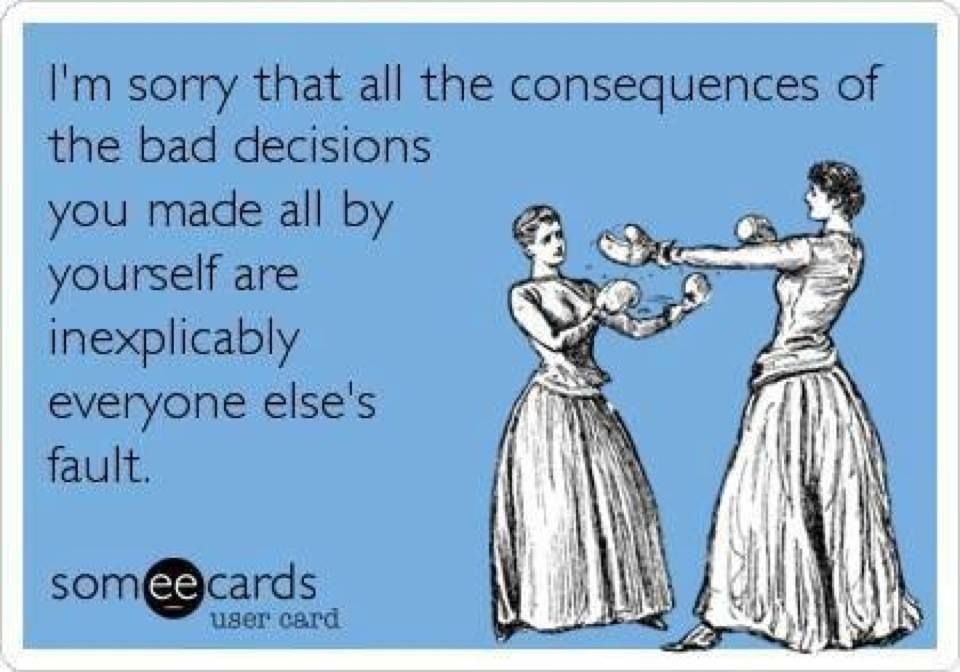 " In its very name, there is an obvious claim to something like a spiritualistic session, when Bulgakov himself seems to be leading the hand of a literary critic, interpreting the texts of literary works and documents dug up in the archives.
" In its very name, there is an obvious claim to something like a spiritualistic session, when Bulgakov himself seems to be leading the hand of a literary critic, interpreting the texts of literary works and documents dug up in the archives.
photo: azbooka.ru
In the current edition, Losev again demonstrates that he is short-lived with Bulgakov, but the promise of an "objective" biography of the hero should not be taken too literally. On the pages of abundant comments, in small print, it is not Mikhail Afanasyevich himself who appears, but rather a lyrical hero similar to him, as he is seen by the interpreter of the collected documents. It's Viktor Losev who puts on the cover of the book the quote “I need to see the light...”, about the context of which, for the time being, an inexperienced reader can build a wide variety of guesses.
The first part of the collection contains letters from the 1920s, which in many ways resemble Bulgakov's "Notes on the Cuffs". One can hear the familiar intonation of a person who is in an extreme situation of survival, an elementary struggle with hunger and cold, which Bulgakov himself calls "a frantic struggle for existence." The main aspect of this struggle for Bulgakov, who “came in large numbers” to hungry Moscow without him and registered in the room with the husband of his sister A.M. Zemsky (in the apartment, which Bulgakov did not call otherwise, as “cursed apartment No. 50”), there was a housing problem , which in letters really appears as a real idée fixe. In the comments you can read excerpts from the letters of the writer's sister, N.A. Zemskoy, shedding light on the origins of Bulgakov’s satirical ruthlessness towards specific human types:
One can hear the familiar intonation of a person who is in an extreme situation of survival, an elementary struggle with hunger and cold, which Bulgakov himself calls "a frantic struggle for existence." The main aspect of this struggle for Bulgakov, who “came in large numbers” to hungry Moscow without him and registered in the room with the husband of his sister A.M. Zemsky (in the apartment, which Bulgakov did not call otherwise, as “cursed apartment No. 50”), there was a housing problem , which in letters really appears as a real idée fixe. In the comments you can read excerpts from the letters of the writer's sister, N.A. Zemskoy, shedding light on the origins of Bulgakov’s satirical ruthlessness towards specific human types:
Quote
“The apartment experiences instilled in Mikhail Afanasyevich’s soul a hatred for life for building managers, whom he repeatedly describes in a number of works as a kind of special human variety.. .»
In the diary entries of 1923, there are many frank confessions of this kind: “As long as I don’t have an apartment, I am not a person, but only half a person”; “If I discard my imaginary and real fears of life, I can admit that in my life now there is only one major defect - the lack of an apartment”; “I’m not like the Moscow Art Theater, I’m ready to sell myself to the devil for an apartment! . .”; “I don’t envy anything in the world - only a good apartment.” Commenting on Bulgakov's apartment experiences, Victor Losev refers a lot to various Bulgakov's wives and, among other things, quotes from Elena Sergeevna's diary: “For M.A. There is one magic word - apartment. This word inevitably pops up in the 1930s, in a letter to Vikenty Veresaev, one of Bulgakov's most important correspondents:
.”; “I don’t envy anything in the world - only a good apartment.” Commenting on Bulgakov's apartment experiences, Victor Losev refers a lot to various Bulgakov's wives and, among other things, quotes from Elena Sergeevna's diary: “For M.A. There is one magic word - apartment. This word inevitably pops up in the 1930s, in a letter to Vikenty Veresaev, one of Bulgakov's most important correspondents:
Quote
“So what's the matter? Apartment. This is where it starts. So, in my declining years, I found myself in someone else's square. This one is delivered, but that one is not ready. A sour face crawls into the apartment from time to time and says: "My apartment." Advises to go to the hotel and other vulgarities. Tired unbearably”
Immersed in this housing context, at some point you begin to suspect that The quote on the cover “I need to see the light...” does not imply something metaphysical (in the sense of the opposition “light and darkness”), but something purely applied, real estate — say, the degree of insolation of a living space. But no, we are talking about light in the broadest sense of the word - the quote is taken from a letter from I.V. Stalin on May 30, 1931, , where there is such a passage: “Before writing to you, I weighed everything. I need to see the light and, having seen it, return. This is the key."
But no, we are talking about light in the broadest sense of the word - the quote is taken from a letter from I.V. Stalin on May 30, 1931, , where there is such a passage: “Before writing to you, I weighed everything. I need to see the light and, having seen it, return. This is the key."
Photo: TASS
M.A. Bulgakov
In principle, the obligatory nature of just such a collection title is not too obvious. Its compiler could have put any other quote in the title - but at least the phrase “In Moscow they drink an incredible amount of beer” (from a letter on August 31, 1923 to Yuri Slezkin, one of the most colorful characters in Notes on Cuffs). Or something philosophical from a diary, which is far from being entirely devoted to petty-bourgeois apartment suffering, and sometimes gives out in the author a wise, exalted and God-fearing person: “So, let's hope in God and live. This is the only and best way."
However, for Losev, as well as for many other Bulgakov scholars, this infernal line of the writer's fate, the relationship with Stalin, is important. In the introductory article, Losev separately announces "Bulgakov's very important letter to Stalin dated June 10–11, 1934, which is being published in its entirety for the first time." When the reader gets to the 1930s, he will already have the strong impression that Bulgakov wrote to Stalin almost as often as to his brothers and sisters, and often in a more expressive manner. Losev explains this circumstance in one of his comments, where a particularly comical clerical style suddenly breaks through:
In the introductory article, Losev separately announces "Bulgakov's very important letter to Stalin dated June 10–11, 1934, which is being published in its entirety for the first time." When the reader gets to the 1930s, he will already have the strong impression that Bulgakov wrote to Stalin almost as often as to his brothers and sisters, and often in a more expressive manner. Losev explains this circumstance in one of his comments, where a particularly comical clerical style suddenly breaks through:
Quote author
aware that the head of state still shows interest in his work”
This is perhaps the most profound psychological observation about the relationship between Bulgakov and Stalin, which can be found in the accompanying part of the book. But on the whole, Bulgakov's first-person statements themselves describe the character of the writer much more clearly than Losev's accompanying considerations. Moreover, Bulgakov evokes the greatest sympathy not when he tries to seriously analyze his condition, but when he jokingly throws it out in random rhymes, for example, in a letter to his sister Nadezhda: “On Bolshaya Sadovaya // There is a healthy house. // Our brother lives in the house, // Organized proletariat. // And I got lost between the proletariat, // Like some, pardon the expression, an atom.
// Our brother lives in the house, // Organized proletariat. // And I got lost between the proletariat, // Like some, pardon the expression, an atom.
What to do if your life is an endless Groundhog Day
Groundhog Day is a traditional American holiday celebrated annually on February 2nd. On this day, it is customary to watch the groundhog crawling out of its hole, and by its behavior to predict whether spring will come soon.
But after the 1993 comedy "Groundhog Day" with Bill Murray and Andie MacDowell was released in the USA, this expression acquired a different meaning - this is the name for the state when every day is similar to yesterday, life is boring, and you do not leave the feeling stagnation. In the film, Murray's character, journalist Phil Connors, falls into a kind of time loop: February 3 simply does not come for him, and February 2 repeats again and again, in every detail. At first, the hero falls into despair, and then decides to seduce his young colleague. And since in one endlessly repeating day he manages to learn about all her tastes and desires, they eventually wake up in the same bed - and for Bill Murray's character, tomorrow finally comes.
And since in one endlessly repeating day he manages to learn about all her tastes and desires, they eventually wake up in the same bed - and for Bill Murray's character, tomorrow finally comes.
One can argue that it is such a big misfortune to be able to endlessly relive the same day and correct all your mistakes in the meantime. But in our society, it is common to complain about Groundhog Day. Psychologist Natalya Varskaya and clinical psychologist, TV presenter Mikhail Khors told TASS who is to blame and what to do if you feel like Phil Connors.
© YouTube/What to see?
Not at all. Some people feel comfortable just when everything goes according to the usual rut. They may sincerely not want any changes, including positive ones. But other people do not tolerate monotony.
Some people think that stagnation in life occurs when we get stuck in our "comfort zone". Natalya Varskaya does not agree with this: according to her, "Groundhog Day" can happen only to those who have not found themselves in life. And it does not depend on the weather or work. "It's all about our inner state," says Varskaya. "A happy person doesn't have a Groundhog Day."
Natalya Varskaya does not agree with this: according to her, "Groundhog Day" can happen only to those who have not found themselves in life. And it does not depend on the weather or work. "It's all about our inner state," says Varskaya. "A happy person doesn't have a Groundhog Day."
Natalya Varskaya says that often people are just too lazy. “People want a magic wand to change everything instantly,” she says. “And you need to work on changes yourself. For many, complaints are a way of being. . But not all experts agree with this. Mikhail Khors, for example, believes that people often simply do not have internal resources for change.
Our internal forces are spent on negative experiences: fears, anxiety, shame. “The more negative emotions we have, the more energy that we could spend on something else is wasted,” explains Mikhail Khors. Often people make the mistake of trying to fill themselves with positive impressions. It helps, but not for long. It is much more important to "patch holes", that is, to stop wasting energy on negativity.
The reason for most of our negative emotions is not in events and situations (of course, if we are not talking about truly tragic cases, for example, a serious illness or the death of a loved one).
"Most people think: I'm annoyed now because I got cut off in traffic. No. You were cut off, but you're not annoyed because of this, but because of the belief that you should not be treated like this," Mikhail explains Horse: If you think you know how other people should act, you will always be upset by their "bad" behavior. But this is the reality: there are boors among us, and sometimes citizens cut each other off in traffic jams. And this reality must be accepted" .
First, try not to berate yourself for being stuck. Very often, too many resources are spent on self-reproaches. Once you forgive yourself for not being able to get out of Groundhog Day, you will have the strength to make small changes.
Let these changes be very minor: get to work in an unusual way, drink tea instead of coffee, change the curtains in the room .



